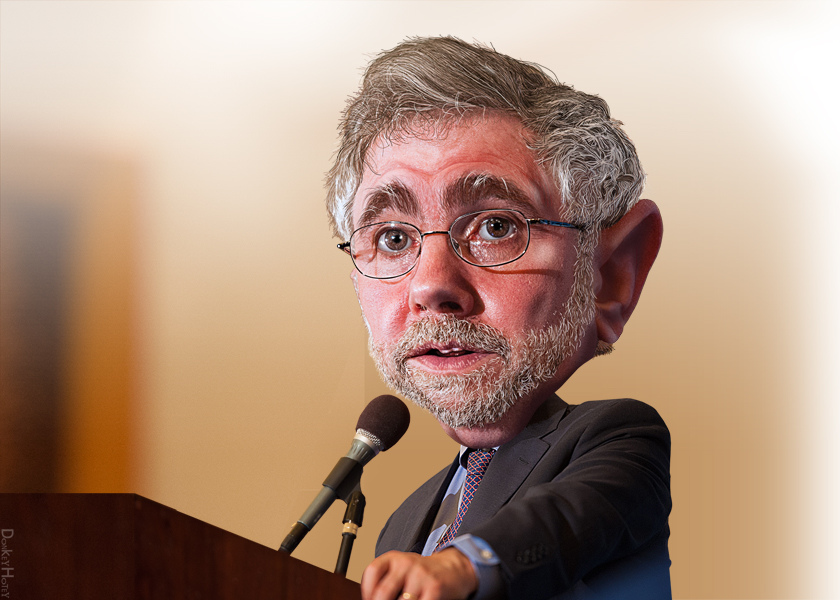Here’s Everything You Need to Retire at 55

Do you think you could retire at 55? For most people, that’s a full decade before they’d otherwise expect to call it quits – 65 is the average retirement age. Retirement at 55 is something many would love to do, but they’re not confident they’d be able to leave their job comfortably. They’re not financially independent. They might not have huge debts or money troubles, but they also don’t have the investments to live without a paycheck.
You don’t have to settle for retirement at 65. If you want to retire early at 55, you can! All you need to do is spend the next years of your life making careful decisions about finances and investments. Here’s how to retire at 55.

How Much Money Do I Need to Retire at 55?
Retiring at 55 can leave you 30-plus years without a paycheck. You’ll need to calculate your expenses to figure out what a reasonable annual income looks like. Then you’ll need to multiply that by 30 (or more) to get a ballpark figure for how much you’ll need.
Let’s say you want to retire on an annual salary of $60,000. If you live an additional 30 years after retirement, that’s $1.8 million you’ll need – at a bare minimum. It’s smart to overestimate your life expectancy and budget liberally so you don’t risk undershooting your retirement needs.
Above all, you need to eliminate debt. Without debt, you’re free to grow your wealth. Every dollar not spent paying someone else back is spent earning even more dollars for you.
Planning for 55 if You’re Under 40
If you’re under 40 years old, you’ve got a great shot to retire by 55. The reason is, you have more years to benefit from compound growth. The difference in wealth accumulation from 15 years to 20 years is astronomical, and it only grows. Here’s what $50,000 looks like at an 11% annualized growth rate with no additional contributions:
- 15 years: $239,229
- 20 years: $403,115
- 25 years: $679,273
- 30 years: $1,144,614.
To see how your investments can compound, here’s a free investment calculator.
It’s easy to see that the more time you have to save, the more time your money has to grow. If you’re under 40 and want to retire at 55, your priority needs to be maxing out your retirement accounts and letting that money grow exponentially. If you can secure a property investment or build passive return through dividend investing, your portfolio will be all the more powerful.
Planning for 55 if You’re Over 40
If you’re over 40 and want to retire at 55, it’s not impossible, but you’re up against the clock. You’ve got less than 15 years to amass enough wealth to retire, so you might have to save harder and more diligently than those younger than you.
Figure out how much you have in your retirement accounts currently and the difference between that and your retirement target. If you have $350,000 in your 401(k) and your target is $1.5 million, it can seem hopeless. But don’t forget how powerful compound interest is. Max out your investments, diversify your portfolio and be stringent with your spending. When you do all that, 15 years (or less) can make a huge difference in wealth accumulation.
Here’s How to Retire at 55
Still don’t think it’s possible to retire at 55? Here’s what the road to retirement looks like from the standpoint of a 40-year-old.
Olivia spent her 30s paying off debt. Now she’s 40 and debt-free, with a home worth $240,000 and a 401(k) currently sitting at $200,000. She needs $1.6 million to retire at 55. She’s maxing out her employer-match 401(k) each year and sticking her would-be $1,200 mortgage payment in an index fund. Both accounts have an average annualized growth rate of 11%. Over the next 15 years, her 401(k) grows to $1.3 million and her brokerage account accumulates an additional $495,000, bringing her beyond her retirement goal.
Retiring a full decade earlier than you plan isn’t just a dream come true – it’s a real possibility for many people. The sooner you start saving, the better. If you eliminate debt, max out retirement contributions and make good fiscal decisions, 55 will come quicker (and easier) than you think.
Can’t quite make retirement by 55? Don’t worry, you can still retire early on the path to financial independence! Read the next article in our series and learn how to retire by 60.
Read Next: Set Yourself Up to Retire at 60 With Financial Freedom






